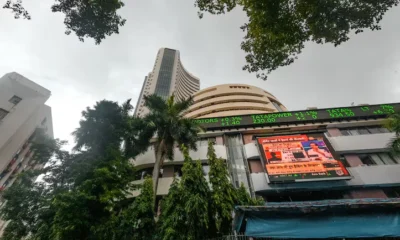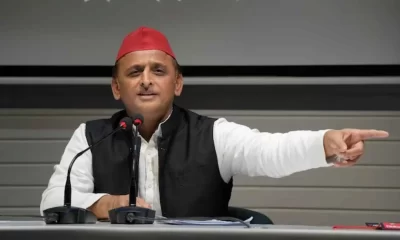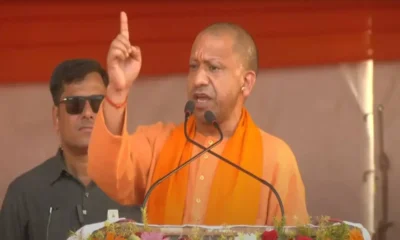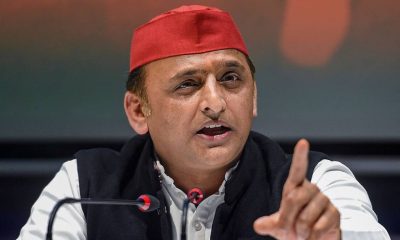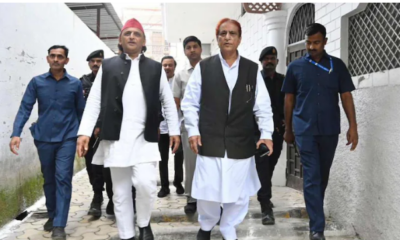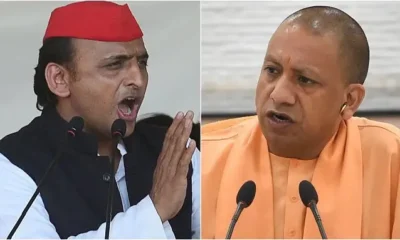India News
Akhilesh Yadav slams Centre after stock market slump, says common people losing money
In a post on X in Hindi, Yadav held the central government accountable for what he described as a “double vicious circle” threatening India’s financial stability.
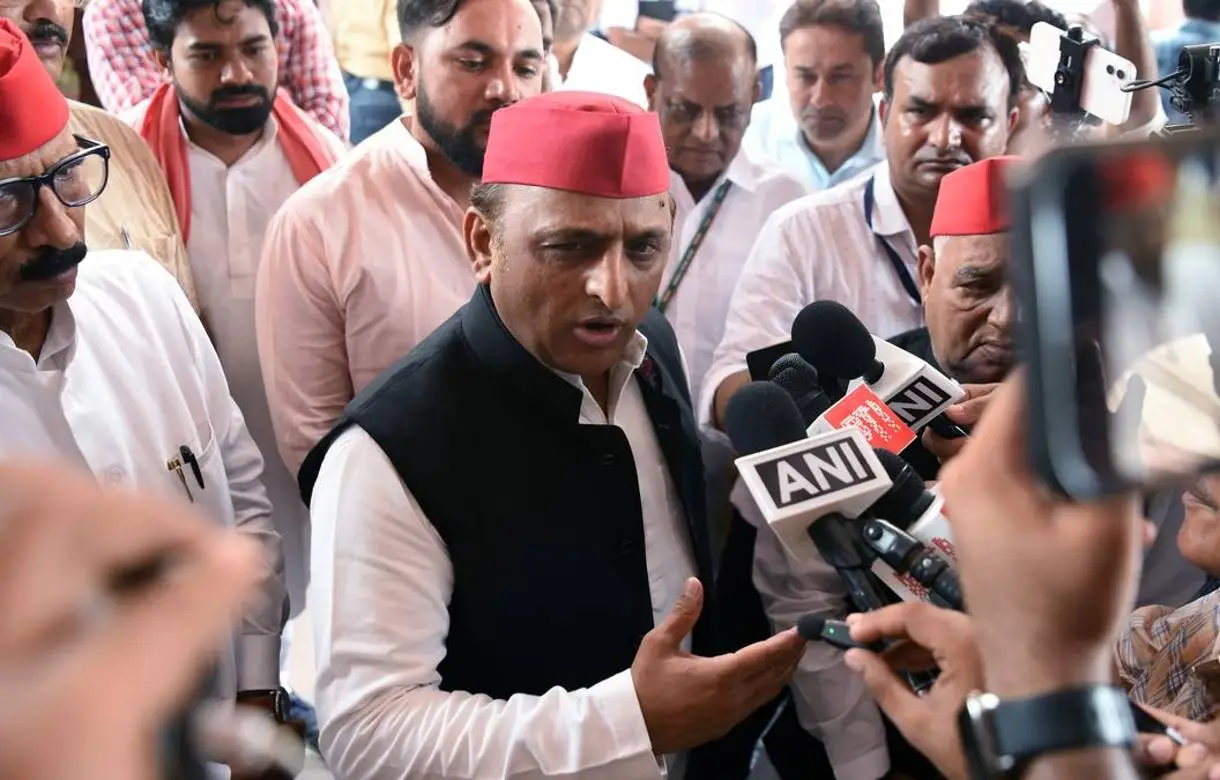
India News
Over 5,000 tribals join BJP in Assam’s Goalpara ahead of elections
More than 5,000 tribals, largely from the Garo community, joined the BJP in Assam’s Goalpara district during a large-scale ST Morcha programme ahead of elections.
India News
PM Modi crosses 100 million followers on Instagram, first world leader to achieve milestone
Prime Minister Narendra Modi has crossed 100 million followers on Instagram, becoming the first world leader to achieve the milestone and widening the gap with global counterparts.
India News
MK Stalin predicts frequent PM Modi visits to Tamil Nadu before assembly election
MK Stalin has said Prime Minister Narendra Modi will visit Tamil Nadu more often ahead of the Assembly election, calling the tours politically motivated and questioning the Centre’s support to the state.
-

 Latest world news15 hours ago
Latest world news15 hours agoPM Modi reaffirms support for Israel, recalls 26/11 victims in Knesset address
-

 Latest world news15 hours ago
Latest world news15 hours agoCanada softens stance on alleged Indian interference ahead of PM Carney’s India visit
-

 India News15 hours ago
India News15 hours agoPM Modi crosses 100 million followers on Instagram, first world leader to achieve milestone
-

 Latest world news15 hours ago
Latest world news15 hours agoPM Modi and Netanyahu pledge deeper defence, trade ties during Israel visit
-

 India News14 hours ago
India News14 hours agoOver 5,000 tribals join BJP in Assam’s Goalpara ahead of elections

